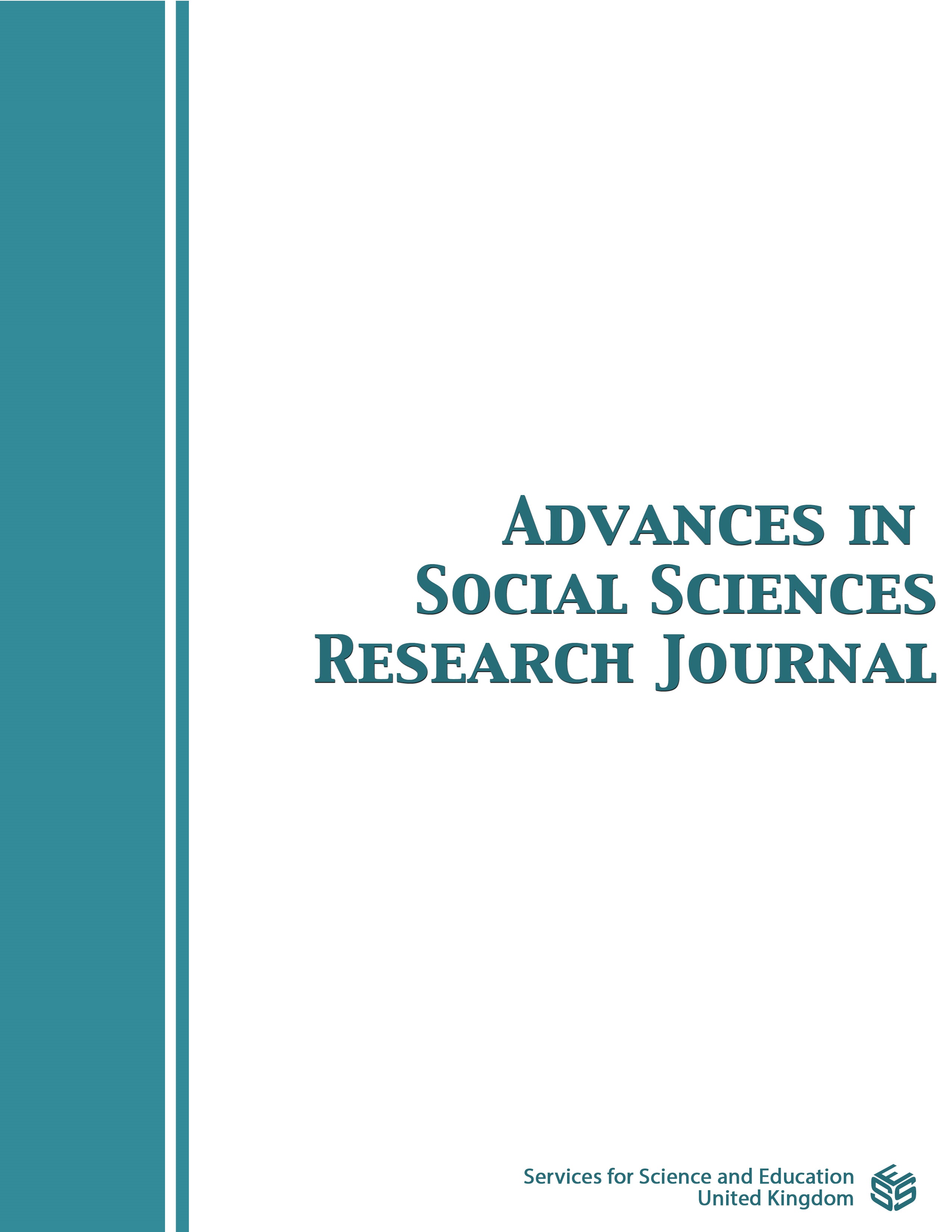The Effects of Attribute Non-Attendance on Willingness to Pay Estimates in Choice Experiments: Evidence from Visitors Preferences for Tourism Facilities Attributes in Kenyir Lake, Malaysia
DOI:
https://doi.org/10.14738/assrj.1206.18923Keywords:
attribute non-attendance, choice experiments, conditional logit model, sustainability, willingness to payAbstract
An extensive literature of Choice Experiments (CE) has recognized that it is usual, especially where there are many attributes, for a person to ignore one or more attributes in the alternatives presented on the CE choice cards for many reasons. Yet, there is evidence that persons who declared they have neglected or ignored certain attributes might actually have given them lesser or lower importance. Stemming from this evidence and given the significant implication of not accounting for attribute non-attendance (ANA) in welfare estimates, we apply a supplement question in ANA to investigate how respondents pay attention to the attributes. Different techniques for modelling ANA in a case study investigating preferences of the visitors for the tourist facilities attributes in Malaysia are then compared. A conditional logit (CL) models analysis reveals different willingness-to-pay (WTP) estimates after accounting for ANA, suggesting the importance of considering ANA in the analysis and considering the appropriate method to deal with it. The results also reveal that different categories of visitors influenced the exclusion of a specific attribute. This information provides hints to the policy maker in understanding potentially conflicting preferences between different types of visitors which is useful for the sustainability of the tourism sector in the future.
Downloads
Published
How to Cite
Issue
Section
License
Copyright (c) 2025 Wan Norhidayah W Mohamad, Yuanyuan Lee, Senquan Kong

This work is licensed under a Creative Commons Attribution 4.0 International License.
Authors wishing to include figures, tables, or text passages that have already been published elsewhere are required to obtain permission from the copyright owner(s) for both the print and online format and to include evidence that such permission has been granted when submitting their papers. Any material received without such evidence will be assumed to originate from the authors.






